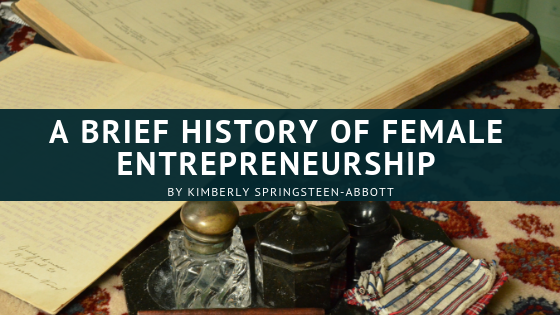Women in the workplace have overcome many obstacles, both legal, societal, and discriminatory. Many factors contributed to the entry of women in the workplace, not just as employees and workers, but as highly successful and intelligent entrepreneurs.
In the early 20th century feminism began to impact the female working climate. Before this, women rarely owned businesses, and often they were pigeon-holed and only owned things such as brothels, taverns, or alehouses. Then, entrepreneurs such as Madam C.J. Walker, Coco Chanel, Olive Ann Beech, and Ma Perkins begin to emerge. They fought to establish and develop their brands and had to combat many modes and intensities of discrimination, including unfair wages and stigmas.
During World War II the percentage of women entering the workplace became increasingly high because many men were enlisted in the united states army. “From 1940 to 1945, the percentage of working women rose by almost 10% due to male military enlistment leaving gaps in the workforce. Women took up a variety of positions, from sewing clothes to repairing planes.”
Later down the line, in the 1960s and 70s, the political and social landscape changed drastically. This impacted the nature of the nuclear family and the concept of domesticity, which, in tandem with the American feminist movement, resulted in increased legal rights for women. This encouraged them to work toward professional fulfillment and explore more outlets of the business sphere while simultaneously developing and acting on their entreprenuerial endeavors.
In 1988 a substantial legal change came about in the form of the Women’s Business Ownership Act. This act eliminated laws that “required a husband’s signature on business documents and bank lending discrimination. It also enabled female entrepreneurs to apply for government contracts. The act assisted in the success of female entrepreneurs, providing policies and programs to support their business endeavors.”
All of these historical steps worked to break down boundaries for the contemporary female entrepreneur, most commonly represented by the faces of Oprah Winfrey, Beyonce, Tyra Banks, Lucy Peng, Sofia Vergara, and others. Although there are many women entrepreneurs doing incredible work and playing a significant role in the country and world economy, it does not mean that it is a position free of challenges. Wage and gender discrimination is still prevalent, and something that women are working to eliminate. It is exciting to consider the barriers women entrepreneurs will continue to break, and what change can still be made.

